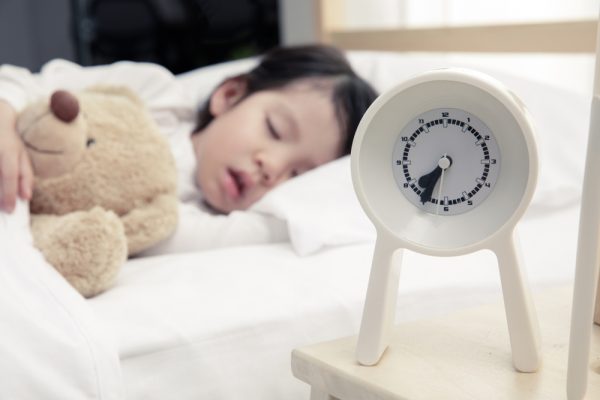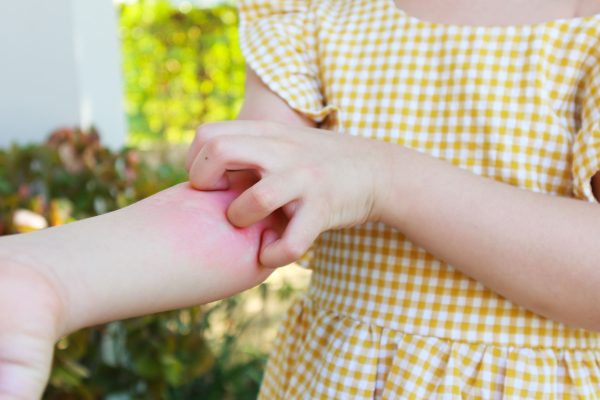Parenting Tips

Parent-child reading senior worker: Choi EE
Do you have kids who insist on you telling them stories? And not just any stories, they want you to keep going. When you come home from work, they have a stack of books and won’t eat until you finish all of them or want you to keep going for two hours. This is a common issue that I frequently encounter in my lectures. Parents, think about it: when you engage in parent-child reading with your kids, what do you hope for the most?
You certainly hope to create a warm memory because when they listen to your stories, they are especially well-behaved and feel secure. However, if the children turn listening to stories into your stress, demanding many stories, even refusing to listen to others, and only wanting to hear you as if they’re monopolizing your personal time, you should consider how to resolve this issue for yourself.

I suggest that in the context of parent-child reading, spend a good 15 to 20 minutes sharing a story with your child, and even half an hour is fine. However, if you find yourself spending two hours each day telling them an entire book, and they still feel unsatisfied and demand that you keep going as if they’re controlling you, it’s no longer a parent-child reading relationship but more of a tutoring relationship. We should set an example and tell the child, “I need to have some personal time. Today, story time is 15 minutes, and Mom will tell you two books. After we’re done, we can do other things, or we can discuss the story we just read while you’re playing or eating.”
You shouldn’t turn into a radio, constantly narrating stories like a recording machine, as that’s not what we want in parent-child reading. So, parents, remember that when your child asks you to tell a story, it’s a joyful moment. We shouldn’t be afraid of telling stories to our children. Instead, we should control our time, casually finish a story in about half an hour, and then have a meal together or engage in play, followed by discussing the story. I believe that in a quality parent-child reading relationship, children will develop a greater love for reading and see it as a path to new horizons.































